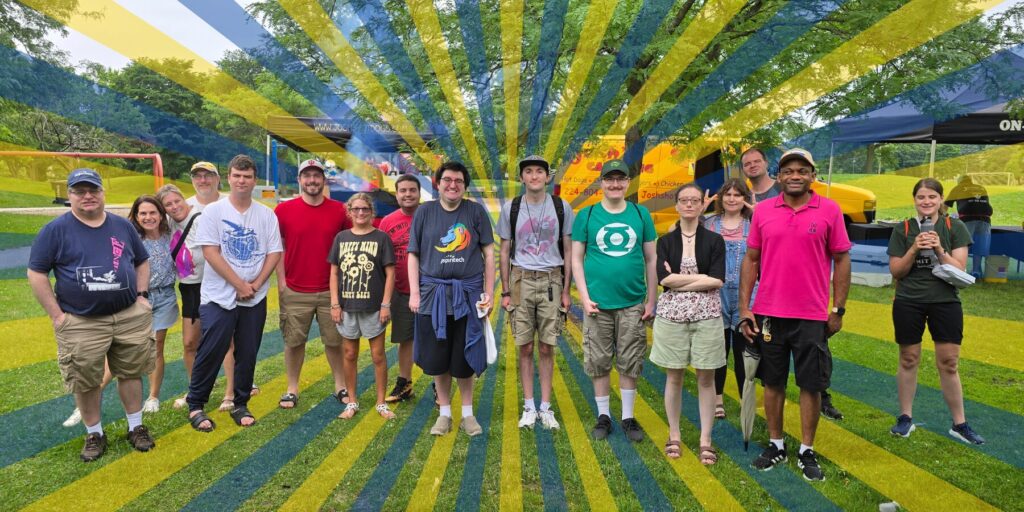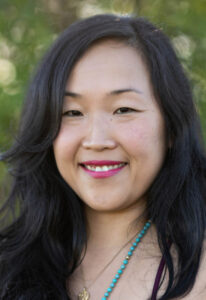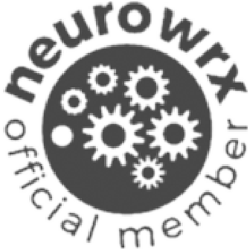“Medicine, law, business, engineering. These are all noble pursuits and necessary to sustain life. But poetry, beauty, romance, love. These are what we stay alive for.” You may remember these sage words from Robin Williams’ character — the electrifying English teacher John Keating — in the beloved film “Dead Poets Society“.
While I can’t argue with living for poetry, modern Western medicine leaves much to be desired. No offense to Mr. Keating but as necessary as medicine may be, I’ve wondered for some time how noble and life-sustaining it has become.
In 2018, deaths from medical errors were reportedly the third leading cause of death in America, after heart disease and cancer. A stunning statistic. Medical errors were estimated to have caused from 250,000 to as high as 440,000 deaths annually. Americans were also, understandably, reporting declining trust in the medical profession.
As with any profession, there are those in medicine who are excellent and want to serve in the best ways. The ones who are in it for the right reasons, who have great heart and bedside manners. (This piece isn’t about them but if they’re reading this, thank you for the good care and example you provide.)
On the other hand, in my opinion, you have those who are in it for the wrong reasons (read: status). Or the ones who are predatory and cause tremendous harm, such as Larry Nassar and Robert Hadden. Or the ones who make you wonder how they could be intelligent enough to complete the grueling requirements of medical school yet seem so small-minded when it comes to understanding and helping you.
In some ways, it makes sense. When you really think about the hardship of getting a medical degree, it is easy to see how one might desensitize in order to get through. How a detached, clinical view of the human body might contribute to an aloof stance towards people’s felt experiences. Yet the sense that one is cared about is a key aspect of healing. It’s a sense that seems to be getting harder and harder to feel in medicine, from the patient side.
I am not intending to shade the profession because medical care is necessary but sometimes, certain things need to be said. In my opinion, the experience of trying to receive medical care can come with gaslighting, failure to receive informed consent (don’t do stuff to my body unless I know about it and agree!), arrogant or narcissistic medical staff/providers who seem to engage in power struggles with patients rather than prioritizing patient well-being — or who seem to lack empathy altogether, and awkward environmental set-ups (i.e. small cell-like rooms with no windows and bad lighting or the opposite: curtains and a lack of privacy).
You don’t need to be a person on the spectrum to dislike any and all of these, but for those of us who are finely wired-up and feel deeply, trying to be treated like a human in a somewhat dehumanized, protocol-driven context while also making yourself physically/psychologically vulnerable and simultaneously trying to pleasantly (yet assertively) navigate conversations with providers so your needs are met within a limited amount of time, and making sure your pain isn’t dismissed just because you’re on the spectrum — all while not feeling well after slumping 45 minutes in a stagnant waiting room that may or may not smell like a chicken burrito — can be challenging to say the least. I got dizzy just writing all that out. If you’re energetically aware, the energy of medical places can feel heavy too, bordering on paramilitary.
It’s important to remember that the allopathic medical model was not designed to cater to the needs of neurodivergent individuals who may express and process/experience pain differently than neurotypical individuals.
So what is one to do in order to be helped? Not just be helped but to receive great care, as anyone deserves? One thing to keep in mind is that, while society has had a tendency to put doctors on a pedestal, they are human and flawed. Doctors put their pants on one leg at a time, like the rest of us. It’s also helpful to remember that the medical model itself is flawed and has limitations.
In my experience, sometimes providers with supposedly solid reputations can say and do things that sound illogical, if not flatout nuts. I met one provider who gaslit my report of being in pain in his very expensive office by telling me I “shouldn’t” be in pain. Cue me shaking my head, wondering how someone so smart could be so..not. Needless to say, I wasn’t a repeat customer.
MDs have been trained to look at the body in a specific way and often don’t see beyond that. I am not saying this to justify unacceptable behaviors. I am saying this to help adjust expectations in some situations. You don’t have to keep engaging with providers who don’t support you. You can seek ones who do, because I believe they are out there.
Along those lines, I think there is a fundamental paradox in medicine that causes cognitive dissonance. There is much talk of putting patients first, prioritizing patient care, and doing no harm. These are values everyone ideally wants to uphold. Medicine in the U.S. is also a business that needs to market itself.
However, in my opinion, the reality is that if push comes to shove, medical providers will protect their own interests, even if it may cause patients harm, unfortunately. Again, I am saying this to adjust expectations, so you hopefully don’t over-trust or give away your power. If and when you find providers who genuinely care and spend the time with you to help your health, appreciate them.
It may also be helpful to keep an open mind and remember that there are other forms of healing. In addition to the fact that there are functional and holistic medical doctors, nurse practitioners, naturopaths, homeopaths, osteopaths (DOs), and other types of providers, it can’t hurt to keep allopathic medicine in perspective.
It is not the end all be all and is actually relatively new. For example, it has been estimated that of all the forms of medicine, including Ayurveda (said to be over 5000 years old) and Chinese medicine, Western allopathic medicine has the shortest track record. It is only one of several perspectives. In fact, the American Medical Association was only formed in 1847.
Lastly, an important reminder on your path: don’t buy into any messages that make you question what you know to be true about your own body. Go where you are heard and your experience is appreciated.
This piece began with a quote from a scene in “Dead Poet’s Society”. We’ll end with a Walt Whitman line from the very same scene; one that answers the question “What’s the point of it all?”. Whitman’s answer: ”That the powerful play goes on, and you may contribute a verse.”
Having self-compassion and advocating for yourself as best you can is not only hopefully empowering for individuals on the spectrum, but also educational for providers who lack an understanding of how they might be impacting you. Yes, it can be uncomfortable and the last thing you feel like doing when you need care, but if a provider isn’t willing to hear your needs, are they someone you want to work with anyway?
If you’re reading this and have tips or strategies that have helped you receive good care or avoid bad care, I hope you will comment and share your wisdom. You never know who you could help by doing so.





















